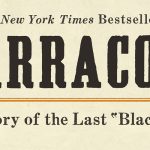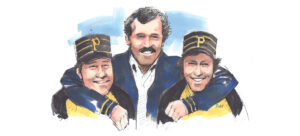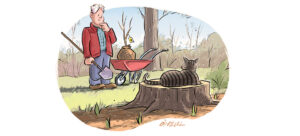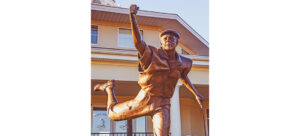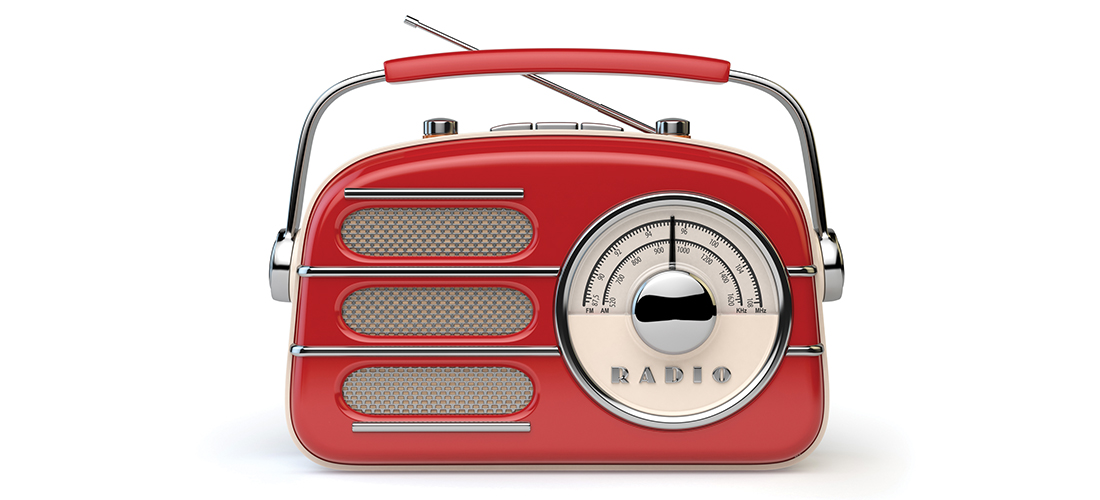
Soaking in the songs of heartbreak
By Janet Wheaton
“Allen, Cole, Cunningham, Englehart,” the teacher read off the first four names from her alphabetized class list. We four girls filed out the door of our classroom and headed for the school cafeteria, where we would be the cafeteria ladies’ helpers for September. The next month it was supposed to be the next four, and so on down the list, but we proved too darned good to give up. We got to keep our plum assignments — not only getting out of class half an hour before lunch and half an hour after, but also getting to keep our lunch money: 25 cents a day, $1.25 a week, $10 a month. Not to be sneezed at by a sixth-grader in 1962.
We were 11 years old, not quite children, but not quite anything else. Donning hairnets and calling each other by our last names, we found a new kind of camaraderie in our work, setting out the big stainless steel bins with the day’s hot lunch, lining up the milk cartons and filling the silverware trays. After lunch, before washing up and wiping everything down, we’d take a break behind the kitchen with the cafeteria ladies and sit in the shade of a white oak tree, eat our Fudgsicles and listen to country music on their transistor radio.
The tales of heartbreak and longing and missing other places struck a chord in me. A child of the military, I had already learned the sorrow of parting with friends and family. I was still missing my fifth grade class in Alabama, and the boy who was, I guess, my first boyfriend. Donnie Smith and I sat next to each other in class each day. We were square dance partners on the rainy days when we couldn’t go out for recess or lunch break. He was my leading man in a play I wrote for our class on another of those rainy/no recess days. We talked about everything together, and though we had never even held hands, we pledged to write to each other forever when my father’s transfer to Virginia separated us. So I thought I knew what Hank Williams meant when he sang, “I’m so lonesome I could cry.”
I was fascinated by the adult stories that I found in the lyrics of songs like “El Paso,” by Marty Robbins, and Johnny Cash’s “Don’t Take Your Guns to Town.” Patsy Cline, Conway Twitty and George Jones told tales that caught my imagination and lifted me up. I listened carefully to their lyrics of love and loss, of woe and glory; and I understood that adulthood was fraught with danger, regret and missteps, but also with romance and adventure.
I watched the faces of the cafeteria ladies, etched with lines that told me they had made a few of those missteps, had a few of those regrets. But the hard lines softened when they would hear a certain song and laugh or sigh knowingly at one another. I guessed they’d had some adventures, too. At the end of our break, we went back in the kitchen to clean up. I remember Johnny Cash singing “I Walk the Line,” as we girls sang along, not having a clue as to what that line was.
The next year I would start junior high and succumb to Beatlemania, but I never lost my love of country music. Fifty years later when I hear one of those songs, the lyrics still roll off my tongue — and in the back of my head I hear Allen, Cole, Cunningham and Englehart chiming in.
And Donnie Smith and I still write to each other. PS
Janet Wheaton is a Pinehurst resident, native North Carolinian, unpublished novelist and a frequent contributor to PineStraw.

